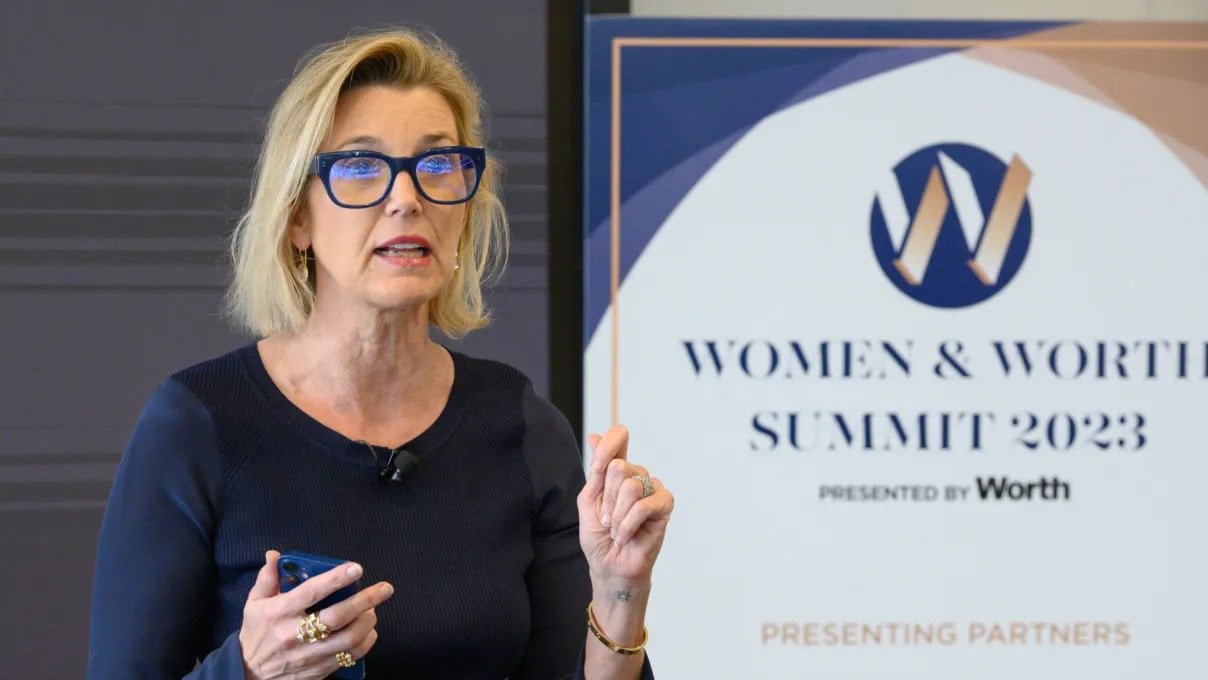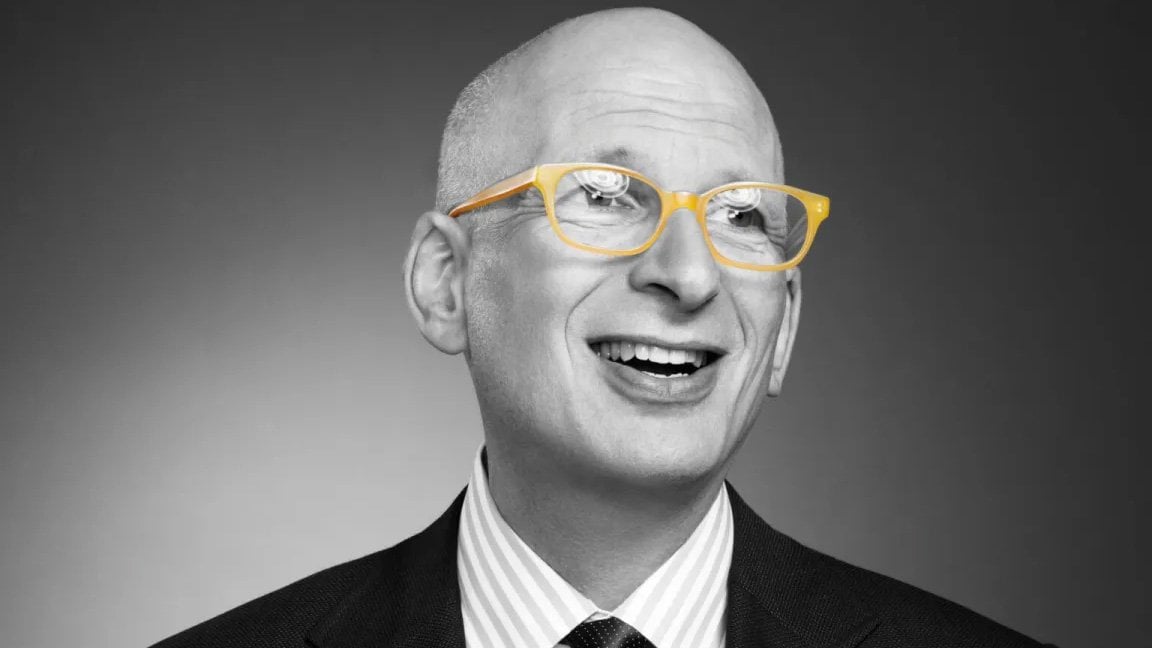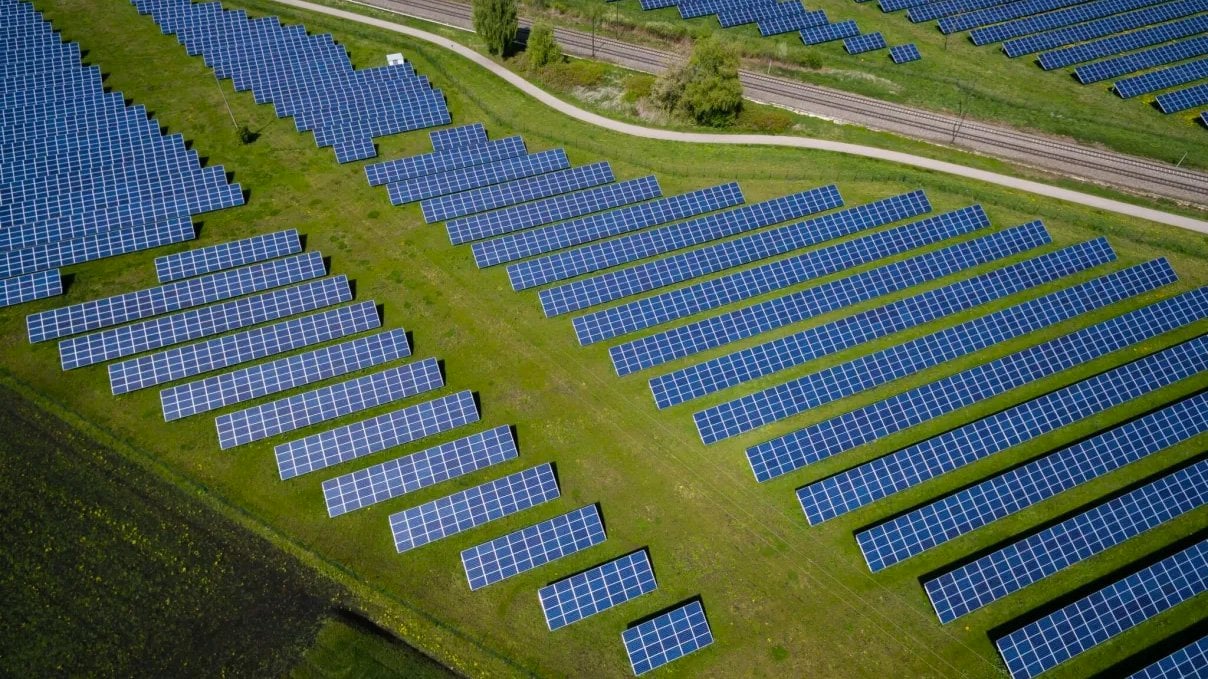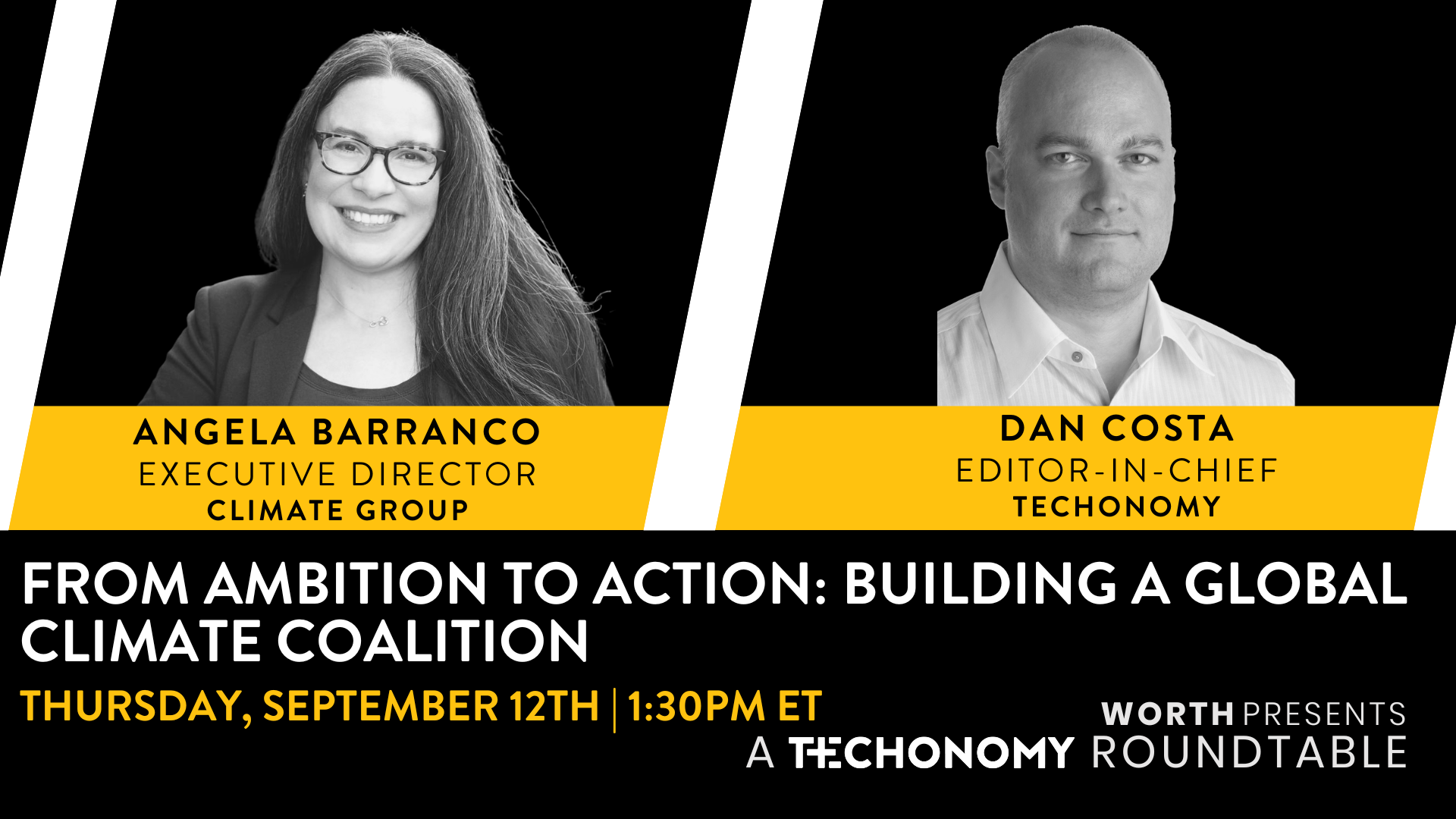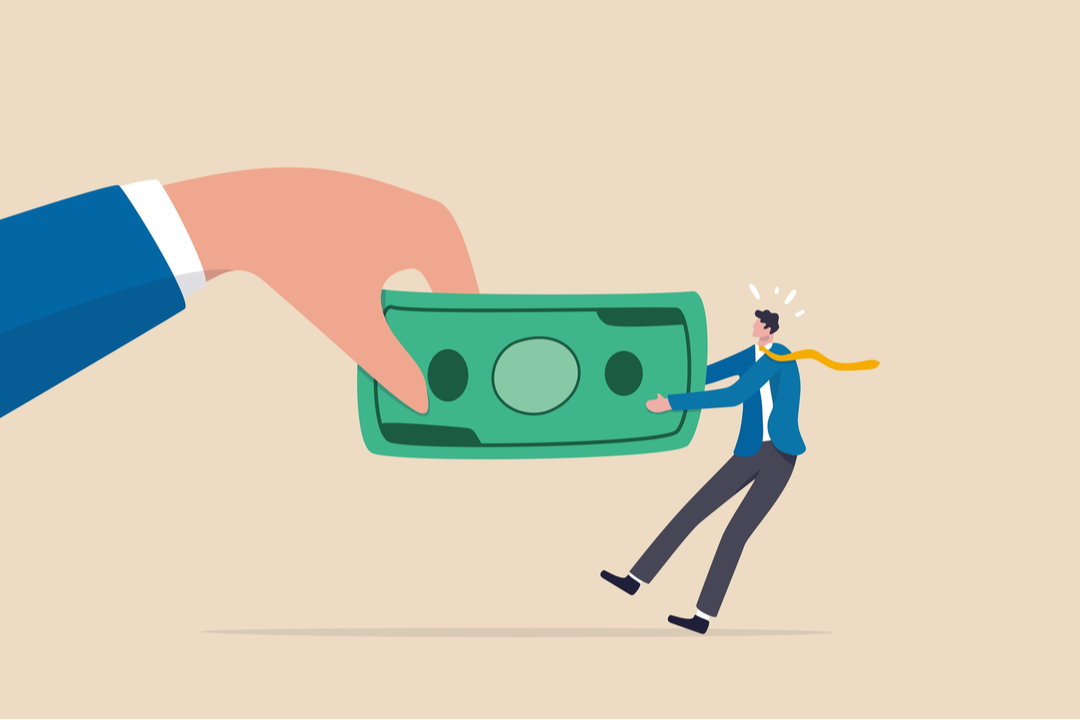Ellevest CEO and Co-Founder Sallie Krawcheck is on a mission to get more money into the hands of women. In doing so, she’s asking one simple—yet complex—question: what would happen if we invested in women?
To address this central question at the 2023 Women & Worth Summit, Krawcheck shared an overview of the current state of financial wellness for women, including the many factors impacting their mental, physical, emotional, and financial health.
A self-proclaimed “Wall Street refugee,” Krawcheck is the first to admit that the last few years have been challenging. In doing intensive research, Ellevest launched the Ellevest Women’s Financial Health Index in September 2022 to gauge a holistic picture of financial health indicating how women are impacted by the economic and political landscape. “Not only are we looking at economic factors like the gender pay gap and gender wealth gap, but we’re also looking at access to paid family leave, percentage of women CEOs, the change in reproductive rights and health care in our country, and inflation.
When the index launched in 2022, the initial score of 1 indicated that women’s financial health is worse than it had been at any other time in the last five years. “When this started, we were just starting to see the impacts on inflation and, even though women’s employment rates increased, the impact of inflation were still yet to be seen.” In the first quarter of 2023, the index’s score raised to 2.3, due in part to increased consumer confidence and women comprising more than 10% of CEOS in Fortune 500 companies.

Even with the strides forward, Krawcheck clearly signaled the two factors holding women back: the continuing effects of inflation and attacks on women’s reproductive rights. “With these challenges, we see one way to move forward. The solution: investment,” said Krawcheck.
According to Krawcheck, investing in women would bring a significant return and build scalable wealth in ways that other avenues can’t match. “Investing in women can bring more return than investing in Nasdaq and can build a solid foundation of financial health,” said Krawcheck. Investment also signals that the impact can reach far and wide. “When women have more money, societies are more fair and economies are stronger,” said Krawcheck, including that women are more likely to donate to non-profit organizations and toward big-picture issues, such as climate change. “Women make their money go much farther and help our communities in bigger ways.”
While Krawcheck’s suggestion to encourage women to invest is just one step, she also sees it as a way to change a bigger narrative. “We’re shifting the conversation. When women invest, it’s no longer about how ‘we’re not good with money,’ but it’s about women leveraging money to do incredible things,” said Krawcheck. As more women have access to financial tools and educational resources to invest, Krawcheck argues that the stigma of women not being financially savvy will start to shift as they invest in aligned companies and those that have a broader impact in the world.

So what would happen if we invested in women? The bottom line, according to Krawcheck: a better world.

